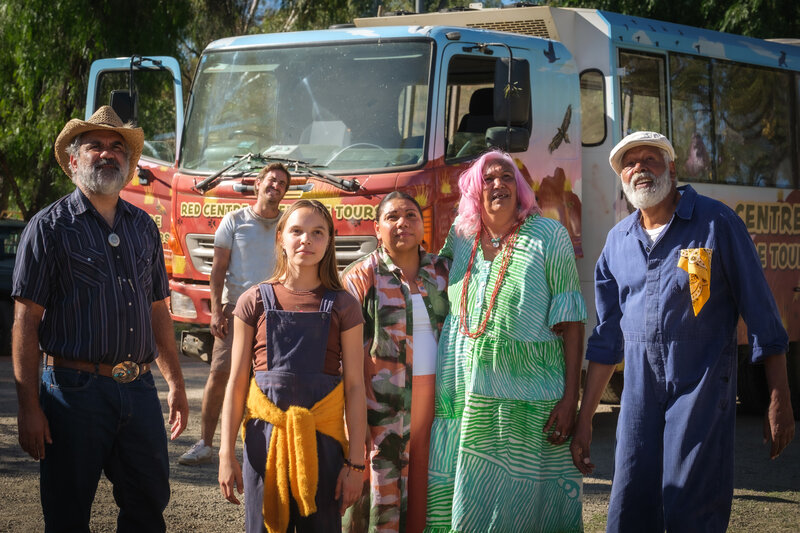Director Richard Eyre crafts a moving and beautifully realised story of love and loss in The Children Act. The film concerns a highly intelligent couple at a fork in the road … and a 17 year old Jehovah’s Witness with leukemia.

Fiona Maye (Emma Thompson) is an eminent High Court judge in London. She presides with wisdom and compassion over ethically complex family law cases. Her life revolves around making just and sound decisions at work. However, her fastidiousness and renown have come at a heavy cost to her personal life. The intrusion of her workload has pushed her marriage to American professor Jack (Stanley Tucci) to tipping point.
In a moment of personal crisis, Maye is asked to rule on the case of Adam (Fionn Whitehead). The brilliant lad is refusing the blood transfusion that will save his life on religious grounds. Adam is nearly eighteen, but still legally a child.
Eyre’s film is based on Ian McEwan’s novel The Children Act, published in 2014. The novel’s title recalls the UK’s Children Act of 1989, which revolutionised the law relating to children by putting the welfare of the child above all else.
Emma Thompson brings all her prowess to her role. The judge feels deeply, but much of her character is internalised. Stanley Tucci has a tenacious charm in his representation of her husband. Fionn Whitehead channels wonderment and possibility into the youngster with such promise for his life ahead. His character’s head is filled with unanswered questions.
As screenwriter, Ian McEwan does a fine job translating his book to the screen, which Eyre (Notes on a Scandal) sensitively realises the script. The film features several memorable scenes which draw you in. The production values are sensational. It’s a beautiful looking picture. The ending isn’t as easy to work out as most of the film. It requires some unpicking, but that didn’t unduly concern me.
In summary then, The Children Act is not only thoughtful, but thought-provoking.
Director: Richard Eyre
Cast: Emma Thompson, Stanley Tucci, Fionn Whitehead
Release Date: 22 November 2018
Rating: M
Alex First
Other reviews you might enjoy:

Alex First is the editor of The Blurb. Alex is a Melbourne based journalist and communications specialist. He also contributes to The Blurb on film and theatre.






There several howling medical errors in the lawyer’s address, appearing for the parents in the critical courtroom scene.
She (the family’s lawyer) maintained that blood transfusions can transmit HIV, hepatitis B and graft versus host disease (amongst others such as chagas).
Completely wrong. For the past thirty years, blood transfusions have successfully screened for hepatits B (and C) and – most importantly – HIV. These diseases do not get carried in blood transfusions.
The worst error was referring to graft-versus-host disease (GVHD). This is the host body’s expected reaction to a bone marrow transplant (BMT), which can be carried out when earlier chemotherapy has failed in treating leukemia. The irony in that film is that the best donor for a BMT is close family member.
After a BMT, the host body of the recipient perceives the donor marrow to be a foreign body and attempts to repel it. Predictably. Further drugs suppress this reaction – but not always successfully. The five-year success rate for a BMT is about 24%.
Given there were medical advisors to the film, the script writers were not paying attention. That address by the family’s lawyer was reprehensible in its medical ignorance. I was appalled that her assertions were not immediately rebutted by the attending professor in the witness box. (I did not expect the judge to be aware of this terminology, though she was shown reading a text book on transfusions refused by recipients – and which was acknowledged in the credits.)